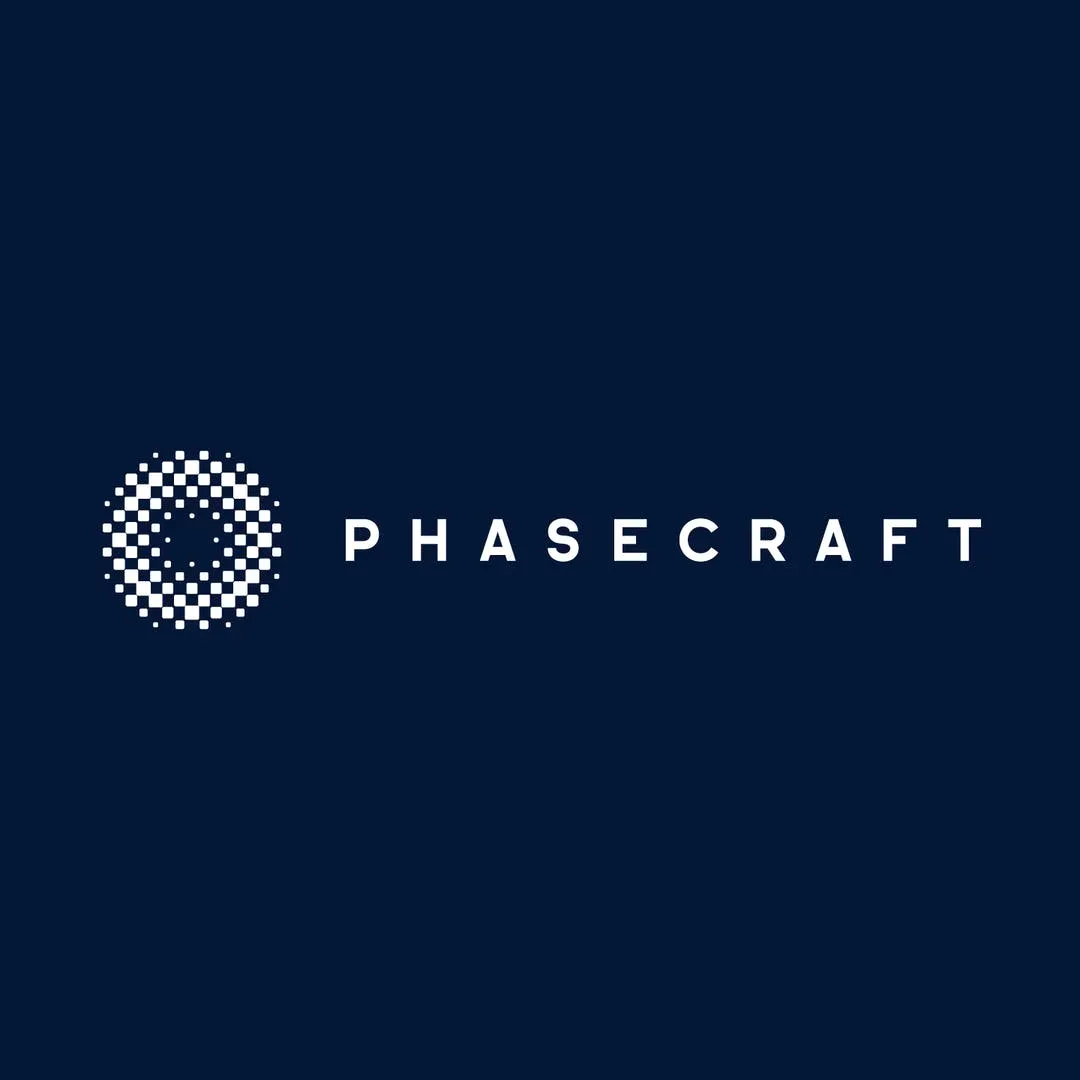Phasecraft.io, a quantum company from the UK was awarded the project grant from the (UKRI) UK Research and Innovation, which is UK’s government innovation agency. This project will take comprise a team from the University of Waterloo Institute for Quantum Computing, Perimeter Institute for Theoretical Physics in Canada, and the University College London in the UK. These three institutes are three of the most successful institutes in the world when it comes to quantum computing and their biggest strengths are quantum error correction and fault-tolerant quantum computing. One of Canada’s startups named Quantum Benchmark will contribute with their expertise and will allow access to their cutting-edge software system created especially for error diagnostics and error suppression, in order to improve and validate the hardware performance for quantum computing applications. Read the official release.
“Quantum simulation and quantum computation have transformational potential for many fields of industry and research. However, quantum processors are not yet capable of practical tasks due to the debilitating effects of noise. Much research has been done to make general quantum processors fault-tolerant, but the overheads in resources are prohibitive for current devices. That is why we need to develop techniques to mitigate rather than fully correct errors in order to squeeze the best performance out of state-of-the-art quantum processors.”
Raymond Laflamme, faculty member at IQC and in the University of Waterloo’s Department of Physics and Astronomy
What is Quantum noise?
Quantum noise is a term in physics that refers to the uncertainty of a physical quantity that is due to its quantum origin. In some situation, the quantum noise may appear as shot noise, most notably in optical communications which use amplitude modulation, and the quantum noise in these situations appears as shot noise only. A shot noise is a type of noise that can be modeled by a Poisson process.
“This collaboration presents an important opportunity for these world-class researchers to achieve dramatically enhanced quantum computing capabilities through our state-of-the-art error diagnostic and error suppression software tools. For now and the foreseeable future, native quantum hardware, on its own, is incapable of delivering any quantum advantage (over conventional computing) due to performance-limiting hardware errors. We are pleased to see the growing recognition that our error diagnostic and suppression technology is mission-critical to achieving the breakthrough capabilities promised by quantum computing.”
Joseph Emerson, CEO and Chief Scientist at Quantum Benchmark
Quantum noise can be observed in any system where the conventional sources of noise are somehow suppressed. By conventional sources, we mean vibrations, industrial noise, fluctuations in voltage in power supply, and other sources.
What is Quantum error correction?
Quantum error correction is widely used in quantum computing for the goal of protecting quantum information from errors. These errors are caused mainly by decoherence and quantum noise. This correction is a must in order for fault-tolerant quantum computation to be achieved, which can deal not only with the noise on stored quantum information but also with faulty quantum preparation, faulty quantum gates, and faulty measurements.
How are Phasecraft and Co planning work on to solve this issue?
- They will benchmark noise and diagnose the dominant errors on the quantum hardware platforms
- They will develop error-resistant algorithms that can be implemented on NISQ (noisy, intermediate scale, quantum) hardware where the full fault tolerance is beyond reachable.
- They will integrate error diagnostics, error mitigation, and error suppression along with the algorithm design. The algorithms will be designed around accurate hardware error models with error suppression and error mitigation customized specifically for industrially relevant applications.
- They will develop a loop for feedback and refinement, for the purpose of refining error modeling, error mitigation, algorithm design, and its implementation on hardware.
- They will demonstrate and validate the desired performance for use cases on quantum hardware.
“We plan to characterise the noise present in state-of-the-art quantum processors and use this information to tailor error correction and error mitigation strategies to particular hardware platforms and particular commercially important applications. This is essential as different qubit technologies have various strengths and weaknesses, and different applications are sensitive to different types of error.”
Nikolas P. Breuckmann, Research Fellow at University College London
About Quantum Benchmark
Quantum benchmark is a leading provider of software solutions. Their solutions enable error characterization, error correction, error suppression, and performance validation for quantum hardware. Their company is led by a team of professionals in the field of quantum computing, and their main goal as a company is to enable quantum computers to solve real-world problems.
About Phasecraft
Phasecraft is a world leader when it comes to designing and creating an error-proof algorithm for near-term quantum hardware. And in its portfolio has partnerships with IBM, Rigetti, and Google, allowing them access to leading quantum hardware platforms. Phasecraft partnerships would allow the project team to make experiments and demonstrations on state-of-the-art quantum hardware for the purpose of further advancement of this technology.
Phasecraft was founded in 2019 by Tony Cubbit, John Morton, and Ashley Montanaro, A team full of experts that spent decades leading research teams at the University of Bristol and the UCL. Phasecraft also collaborates with tech giants like Google, Riggetti, and IBM that allow them access to top quantum hardware for experiments and developing error-free computing systems.

